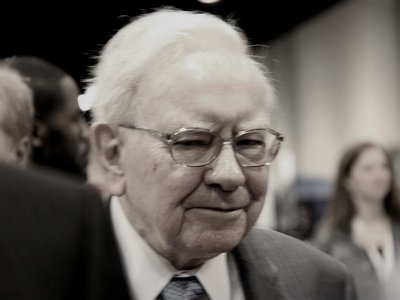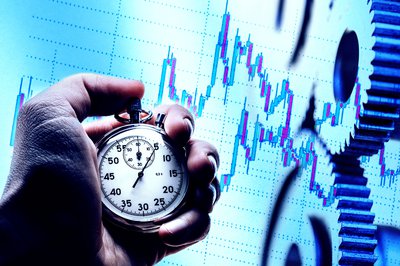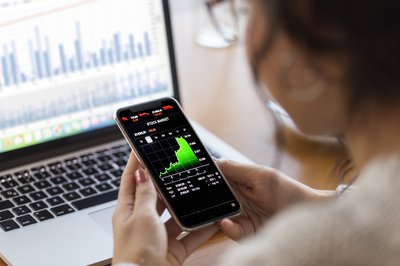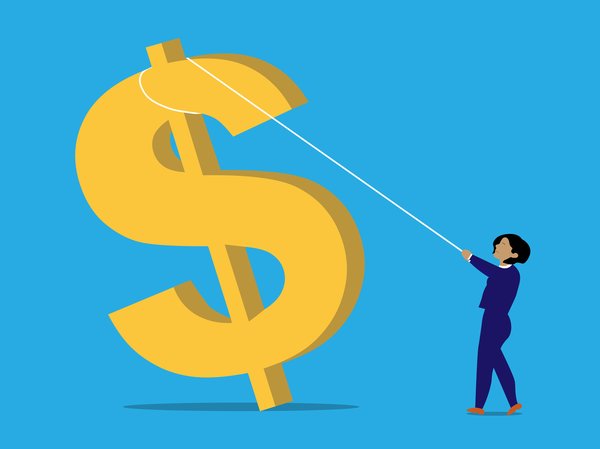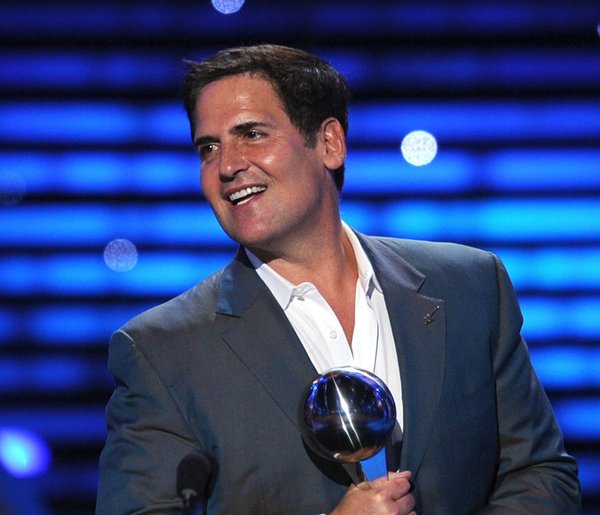Who is Ray Dalio? Ray Dalio is a billionaire investor and founder of the world's largest hedge fund, Bridgewater Associates.
Bridgewater manages about $150 billion in assets. Dalio, in his early 70s, has a personal net worth of $20 billion. He is the 36th-richest American, with more wealth than Walmart (NYSE:WMT) heir Lukas Walton and fellow hedge fund manager Carl Icahn.
Read on for a look at the investment approach that made Dalio a famous investor (and very, very rich). Find out what he's holding in his portfolio now and the types of assets he avoids.
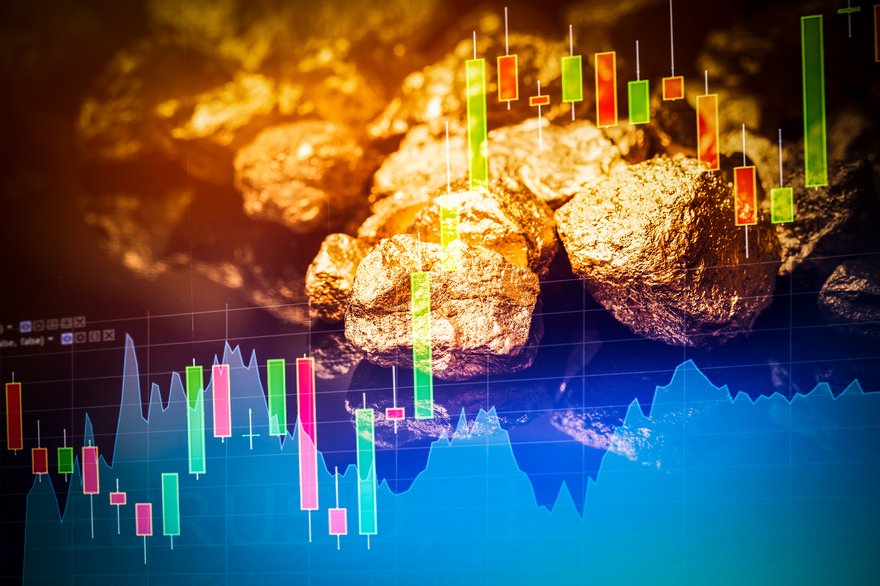
Ray Dalio's investment philosophy
Five key themes form the foundation of Dalio's investment philosophy.
1. The economy drives investment opportunities and risks. Dalio is a macro investor, meaning he studies economic trends to find opportunities and identify risks. This is different from the micro investor, who prioritizes company-specific technical research.
Dalio's macro perspective earned Bridgewater special acclaim in the 2000s. As a longtime student of the economy, Dalio saw signs of trouble prior to the 2008 financial crisis. He adjusted the Bridgewater portfolios to prepare for a recession, and the move paid off. In 2008, Bridgewater's Pure Alpha fund grew, while the average hedge fund lost 19%.
2. Inflation poses serious threats to investors. Dalio has a healthy respect for inflation's ability to drain purchasing power and ravage investment returns. Therefore, he's been a longtime proponent of holding gold as an alternate source of money. A well-known Dalio investment strategy, the All Weather portfolio, contains a 7.5% allocation to gold. The All Weather portfolio is Dalio's signature allocation for managing through troubled economic times.
Bridgewater holds gold funds as well as the stocks of gold miners and producers. SPDR Gold Shares (NYSEMKT:GLD), a gold ETF, is Bridgewater's 11th-largest position overall, with a 2.15% allocation.
3. Investors can manage risk by combining uncorrelated assets. Dalio is a big proponent of diversification. Specifically, he recommends diversifying across 15 or more uncorrelated assets to reduce your risk-to-return ratio.
Uncorrelated assets do not move together, either directly or inversely. As an example, gold and the S&P 500 have a low correlation; the S&P 500 can crash without affecting gold spot prices.
Bridgewater portfolios are diversified across asset types, sectors, and currencies. Dalio's also admitted to owning cryptocurrencies as a diversification strategy.
4. Investors should take profits on fully priced stocks. Dalio is not a pure "buy-and-hold" investor. He believes in taking profits on expensive stocks and then reinvesting. He calls this practice "rotating the portfolio." Appropriate targets for reinvestment are undervalued stocks -- good companies that are lagging the economy or their sector.
Bridgewater's 2021 portfolio changes show this rotation in action. Bridgewater scaled back its position in the SPDR S&P 500 (NYSEMKT:SPY) fund and increased its holdings in emerging markets funds. The move signals a belief that opportunity in U.S. large caps may be winding down. Smaller, growing economies may be the better choice in the months ahead.
The S&P 500 has shown weakness in January 2022, but time will tell if Bridgewater's bet pays off.
5. Bias is a major contributor to investor losses. Investors tend to be bullish or bearish about the market or about a specific position. Those are biases. Any kind of directional belief can encourage an investor to hold positions too long and miss the opportunity to take profits.
Admittedly, it's not humanly possible to let go of biases. What you can do is periodically analyze how you're making investment decisions. Identify your directional beliefs and then think through the opposite scenario.
According to Dalio, the actionable step here is to diversify -- just in case your directional beliefs about an asset class, sector, stock, or the entire market turn out to be wrong.
Ray Dalio's best investments
The table below shows Bridgewater's top positions as reported by the fund's third quarter 2021 13F filing.
| Name | Percentage of Portfolio | Value |
| Vanguard Emerging Markets Stock Index Fund ETF (NYSEMKT:VWO) | 6.42% | $1.17 billion |
| iShares Emerging Markets ETF (NYSEMKT:EEM) | 5.55% | $1.01 billion |
| iShares Core MSCI Emerging Markets ETF (NYSEMKT:IEMG) | 4.65% | $849 million |
| SPDR S&P 500 ETF Trust (NYSEMKT:SPY) | 4.62% | $844 million |
| Walmart (NYSE:WMT) | 3.83% | $700 million |
| Procter & Gamble (NYSE:PG) | 3.59% | $655 million |
| Alibaba (NYSE:BABA) | 2.67% | $487 million |
| Johnson & Johnson (NYSE:JNJ) | 2.44% | $445 million |
| Coca-Cola (NYSE:KO) | 2.40% | $439 million |
| PepsiCo (NASDAQ:PEP) | 2.21% | $403 million |
| SPDR Gold Shares (NYSEMKT:GLD) | 2.15% | $393 million |
| Costco (NASDAQ:COST) | 2.09% | $382 million |
| iShares Core S&P 500 ETF (NYSEMKT:IVV) | 1.95% | $356 million |
| McDonald's (NYSE:MCD) | 1.93% | $352 million |
| Starbucks (NYSE:SBUX) | 1.38% | $252 million |
Data source: SEC
Glance over this list and you can immediately see some themes. Dalio's betting big on emerging markets, consumer staples, gold, and Alibaba.
Emerging markets: Bridgewater's three largest positions are emerging markets ETFs. Notably, Bridgewater has increased these three positions substantially over the past year -- while reducing exposure to the S&P 500.
All three ETFs have geographic concentration in China and sector concentration in technology and financials. EEM also holds some South Korean stock, while VWO has smaller positions in the Philippines, Qatar, Turkey, Greece, and others. The three funds combined give Bridgewater exposure to small, mid-sized, and large companies in these emerging markets.
Gold: GLD is an ETF that's backed by physical gold. From the prior quarter, Bridgewater's portfolio increased this position by nearly 50%. Inflation has been on the rise in the U.S., so it's not surprising that Bridgewater would increase its gold ownership.
Consumer staples: The top individual stocks to buy, according to the Bridgewater portfolio, are primarily makers or sellers of consumer staples. This is another inflation play.
In inflationary environments, consumer staples companies often hold up better than discretionary products and services. People still buy bread and toilet paper, for example, even when prices are high.
Beverages fall into this category, too. As an example, Coca-Cola successfully raised its prices in response to higher input prices in 2021. Bridgewater holds a large position in Coke. The beverage maker is also a favorite investment of Warren Buffett, the CEO of Berkshire Hathaway (NYSE:BRK.A) (NYSE:BRK.B).
Alibaba: Alibaba had a rough 2021, but that didn't dampen Dalio's enthusiasm for the Chinese technology giant. Bridgewater doubled its Alibaba share count in the second half of 2021 even as the company's share price was falling.
Dalio favors the Chinese market right now, and Alibaba does have a steady stream of demand for its products. He likely saw Alibaba's value loss as an opportunity to increase his share count at a discount.
Investments Ray Dalio avoids
The state of the economy dictates which investments Dalio avoids. In his words, "The assets and liabilities that you would most like to have, and those that you would most like to avoid, change with the paradigm that exists at the time."
Right now, Dalio sees a paradigm that creates negative inflation-adjusted returns for cash and bonds.
Cash: As noted, Dalio is concerned about inflation in the U.S., Europe, and Japan. In his view, there are three main factors that spell trouble for these economies: spending that outpaces earnings, social and political unrest, and China's rising power as a world leader. With these factors in play, he recommends reduced cash balances -- not only in the dollar, but also in the euro and the yen.
Of course, most investors still need some amount of cash on hand. It may produce low to negative returns, but cash is also invaluable in financial emergencies.
Bonds: Dalio recommends minimizing bond exposure for the same reasons. In a LinkedIn post from January 2022, he promoted "minimum exposures to dollar, euro, and yen currency and debt assets."
Dalio's view on bonds today is more negative than it's been in the past. That's evident because his All Weather allocation -- developed in 1996 -- does recommend a significant position in debt. Specifically, the All Weather portfolio consists of 30% U.S. stocks, 40% long-term Treasury bonds, 15% intermediate-term Treasury bonds, 7.5% diversified commodities, and 7.5% gold.
Ray Dalio and macro-investing
Dalio's macro approach has a steep learning curve. Fortunately, he's outspoken about his views on inflation and the economy -- and good at explaining his economic theories.
For a primer on Dalio's view of the economy, investors can watch his 30-minute video entitled, "How the economic machine works." Another resource is LinkedIn, where he periodically posts about the economy and his investment theory.







